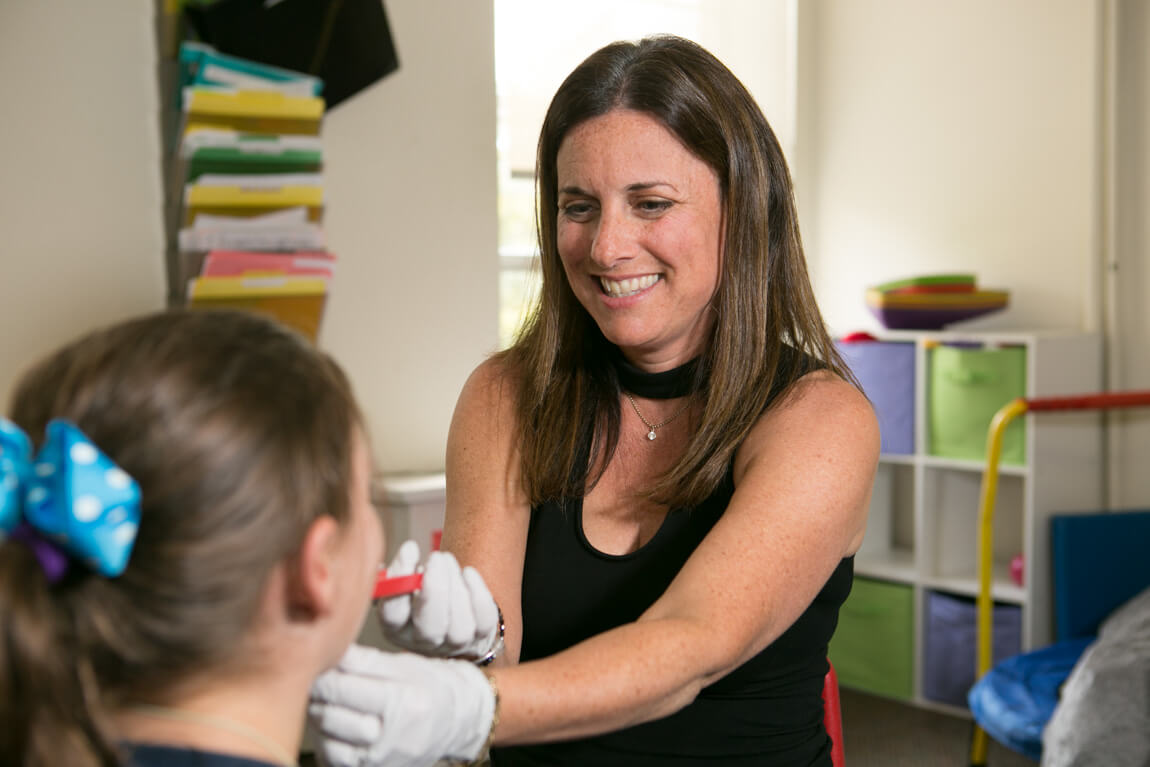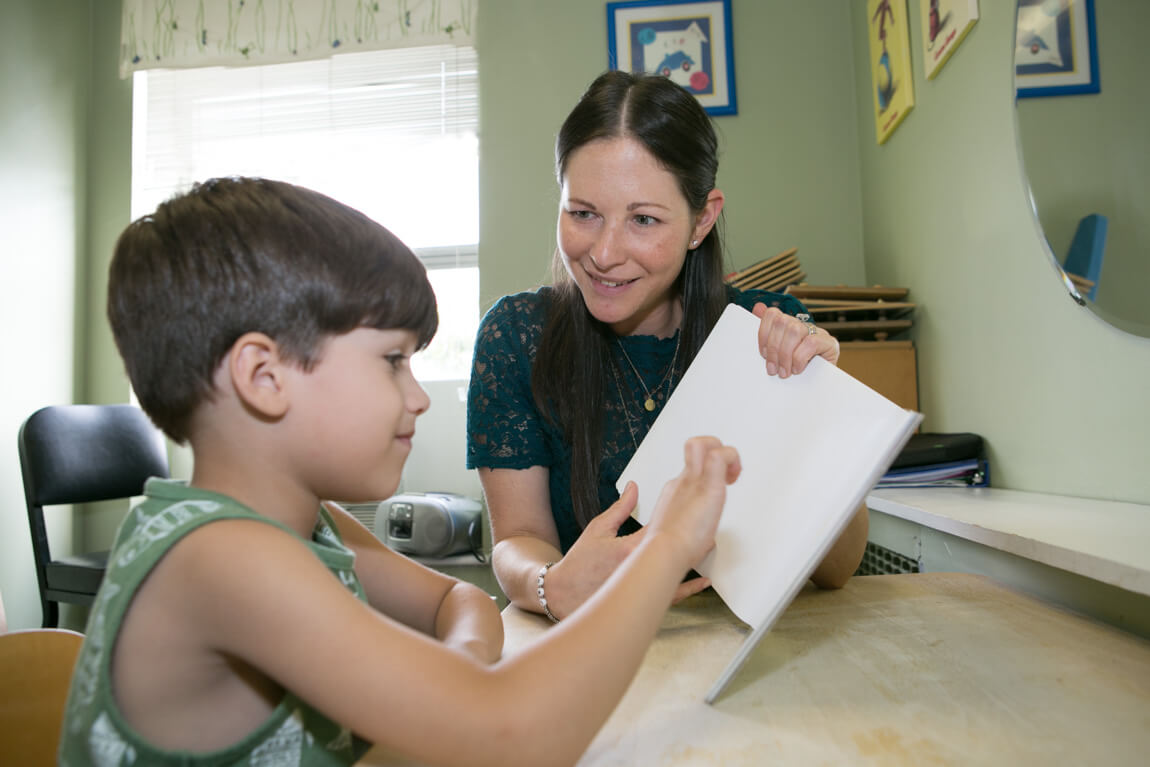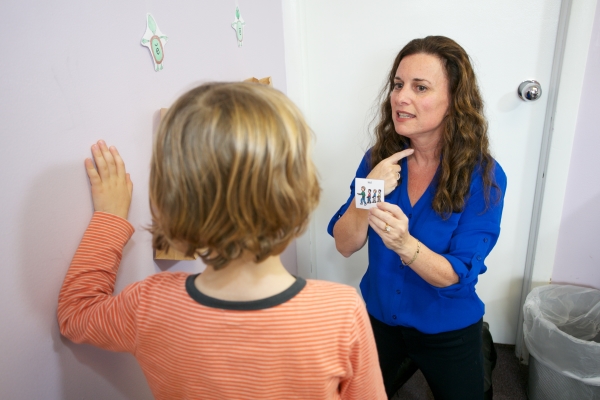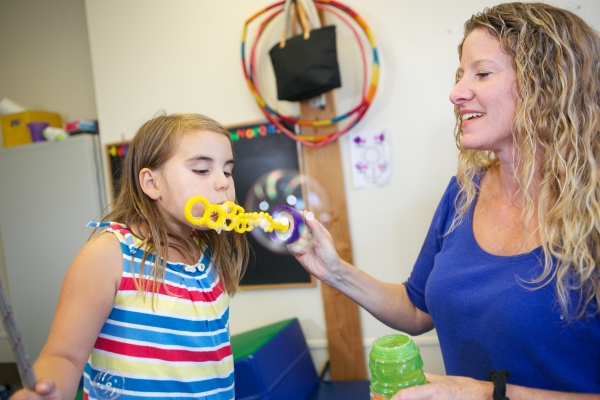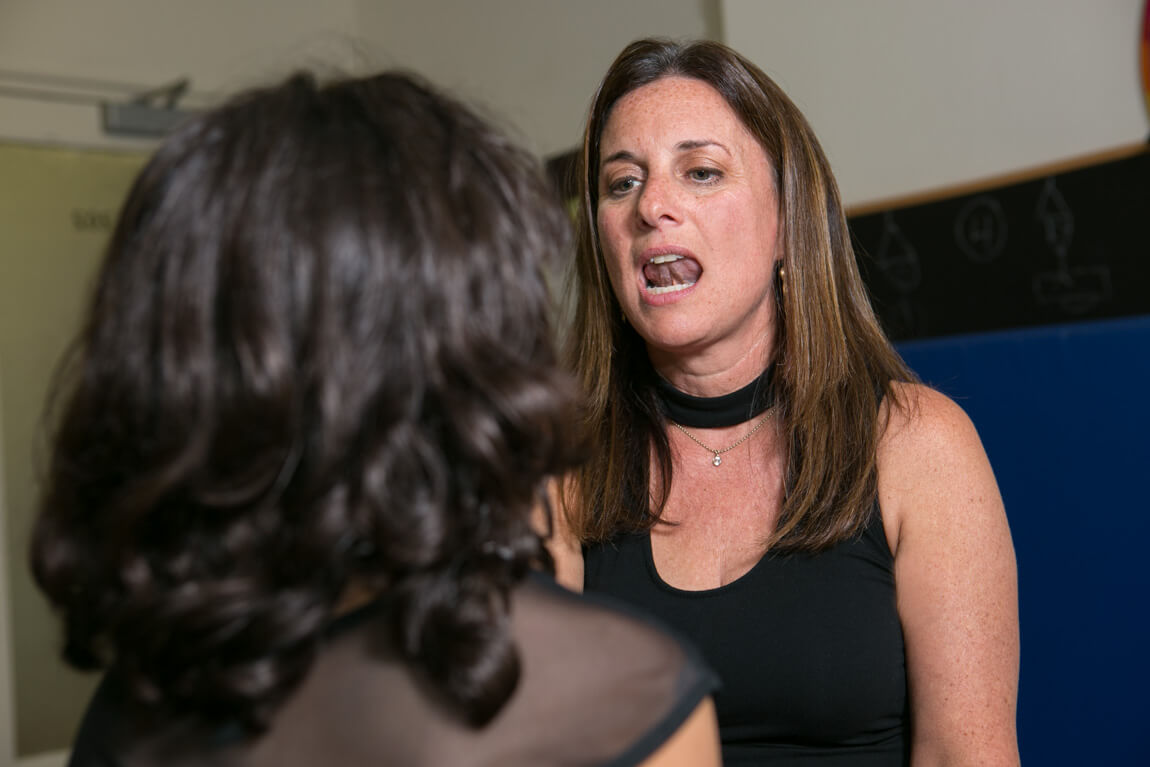SPEECH-LANGUAGE THERAPY
Speech-language therapy helps children build the skills they need to become better communicators, better listeners, and better students.
Our areas of expertise include:
Our team specializes in treating:
- Tongue tie
- ‘Lazy’ Tongue and Jaw
- Lisps
- Oral Motor Weakness
- Food Aversions
- Drooling
- Expanding Diet
- Apraxia/Dyspraxia
- Fluency
- Autism
- Asperger’s Syndrome
- PDD
- ADD/ADHD
- Reading Comprehension
- Listening Comprehension
- Following Directions
- Grammar
- Vocabulary
- Word Retrieval
- Verbal Expression
- Written Expression
- Social Skills
- Organization Skills
- Study Skills
- Executive Functioning
